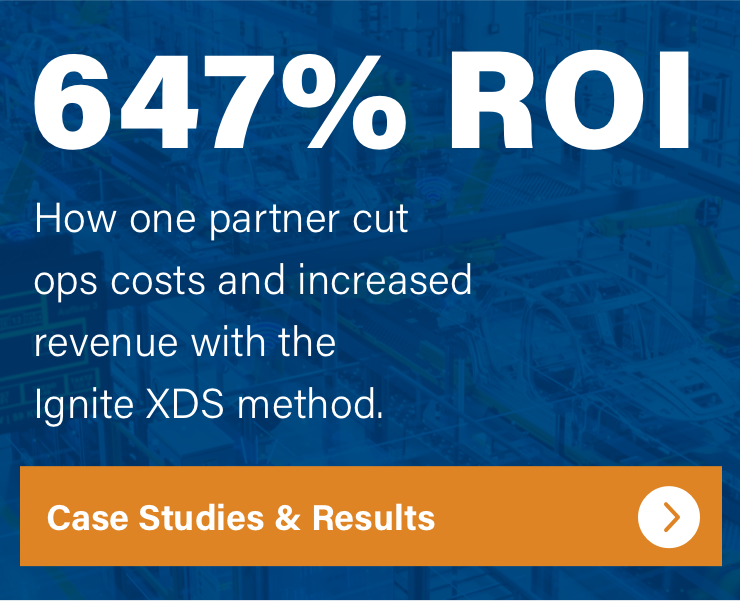
The Art of Convincing People to BUY
In the world of marketing, conversions are everything. It’s not just about creating great campaigns; it’s about understanding the psychology behind what motivates people to buy. While some factors such as price, value, and quality play a role in decision-making, other psychological factors can make the difference between a sale or a bounce. Unfortunately, many businesses overlook these factors, leading to missed opportunities for conversions.
To increase conversions, it’s important to understand persuasion and influence. This begins with psychology and understanding how your audience thinks and feels. By tapping into their emotions, you can create content that speaks to them on a deeper level, inspiring them to take the action you need them to!
Showing Credibility in Your Product or Service
Credibility is all about trust. If visitors don’t trust your business, they’re unlikely to convert. To increase credibility, you need to focus on three principles:
1. Cohesiveness: Make sure your branding and design is consistent across all channels, website, social media, physical marketing materials, email, and every channel where people encounter your business.
2. Personability: Talk to your customers like friends, not just customers. Use language that’s relatable and highlights testimonials and social proof to show your product is widely used and respected.
3. Social proof: Leverage customer testimonials, reviews, social media shares, endorsements, and other types of evidence to convince prospective customers of your product’s reputation.
Creating Urgency
Creating urgency is the most powerful way to heighten the desire for your product or service and push customers to act. Make them feel as though they’ll be missing out on something valuable if they don’t seize the moment! This shifts their mindset from “which company to go with” to “which one to purchase NOW.”
There are several ways to create a sense of urgency, including time, supply, and exclusivity. By implementing these principles, you can increase the level of demand for your product or service and boost your conversion rates.
• Time - Designate a timeline for your product or service and offer a temporary discount or shipping option to prompt customers to act without delay. Strengthen the appeal of your offer by making it time-sensitive: give customers a reason to commit early before the offer expires!
• Supply - Try restricting the availability of your product or service to drive up demand. Make customers feel that they need to act fast or risk missing out. Charging a premium price for limited stock can leverage their desire to own it and add perceived value to your product or service.
• Exclusivity - Create a sense of exclusivity and scarcity - your customers will appreciate the high value of what you have to offer. Plus, the more exclusive your product or service, the more social proof you’ll gain - customers will be keen to share their experiences with others.
When creating urgency, it’s important to be honest and transparent with your customers. Avoid using false scarcity or making promises you can’t keep. Instead, focus on creating a genuine sense of urgency that encourages customers to act quickly!
Know What Your Customers are Craving
The goal of marketing is always to engage and persuade customers to take a specific action, such as buying a product or service or converting to a specific goal. To achieve this, it’s critical to create an environment that fosters a sense of safety, belonging, and esteem for your audience.
By using the three key phrases of “What if,” “I need your help,” and “Would it be helpful if,” you can create a more collaborative and inclusive environment that encourages customers to engage with the brand or product.
• “What if” - using “What if” marketers can encourage their audience to explore new ideas or ways of thinking about a particular topic. This can help customers feel more engaged and interested in the content, ultimately leading to a higher likelihood of conversion.
• “I need your help” - using “I need your help” can create a stronger sense of belonging and connection between the brand and the customer. By asking for their input or opinions, customers feel valued and heard, which can lead to a stronger sense of loyalty and commitment to the brand.
• “Would it be helpful if”- using “would it be helpful if” can shift the focus from the problem to the solution, which is especially valuable in marketing. By presenting solutions to common problems or pain points, marketers can position their brand as a helpful and valuable resource for their target audience.
Overall, by incorporating these three key phrases into your marketing strategy, you can create a more persuasive and engaging environment for your customers. This, in turn, can lead to increased conversions, higher customer satisfaction, and ultimately, greater growth for your business and brand.
Psychology in Action in Marketing
To put these principles into practice, you can start by focusing on your calls-to-action, headlines, tweets and updates, pamphlets, mailers, emails, and product descriptions. Anywhere you have words or visuals can be turned into an opportunity for persuasion. By understanding the principles of persuasive psychology and applying them to your content and marketing tactics, you can increase the likelihood of converting leads into customers.
Marketing is not just about promoting products and services, but also about understanding the psychology behind persuasion. Incorporating all these techniques can be powerful tools in your marketing arsenal, by implementing these principles you can create opportunities for persuasion and increase your conversions.
Having trouble grasping all of this or want help persuading your customers to convert? Contact us at Ignite XDS, our team would be happy to help you build your brand and create a marketing strategy that persuades your customers to buy!


